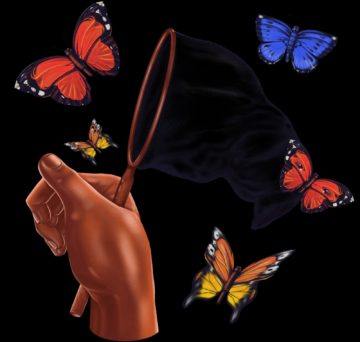Shayla Love in Vice Media:
 In the last week of December 1999, a group of researchers emailed their friends, colleagues, and various listservs to ask about their plans for New Year’s Eve. They recorded how big a party a person planned to attend, how much fun they expected to have, and how much time and money they would dedicate to their festivities. This survey was not, as it may seem, an endeavor to find the most raucous and decadent New Year’s Eve party—but an attempt to capture the fleeting nature of pleasure and happiness. Of the 475 people who responded in their field study, 83 percent felt disappointed with their night. How much of a good time they expected to have, along with how much time they had spent preparing, predicted their disappointment.
In the last week of December 1999, a group of researchers emailed their friends, colleagues, and various listservs to ask about their plans for New Year’s Eve. They recorded how big a party a person planned to attend, how much fun they expected to have, and how much time and money they would dedicate to their festivities. This survey was not, as it may seem, an endeavor to find the most raucous and decadent New Year’s Eve party—but an attempt to capture the fleeting nature of pleasure and happiness. Of the 475 people who responded in their field study, 83 percent felt disappointed with their night. How much of a good time they expected to have, along with how much time they had spent preparing, predicted their disappointment.
Anyone who has looked forward to special days like birthdays, vacations, holidays, or, say, “hotvax summers,” knows these anticipated delights can be a letdown. The happiness, pleasure, and fun we expect to have doesn’t measure up to reality. This phenomenon has a name: the paradox of hedonism, or, sometimes, the paradox of happiness. It’s the strange but persistent observation that pleasure often vanishes when you try to pursue it directly. Simply put, if you try too hard at happiness, the result is unhappiness.
More here.
